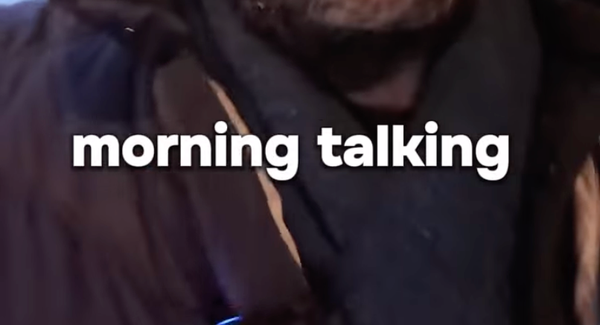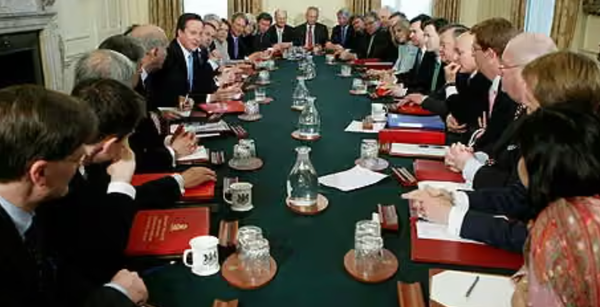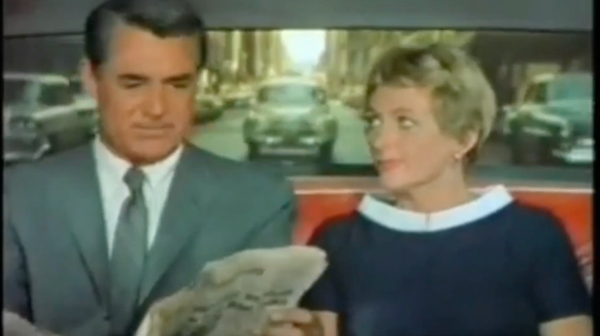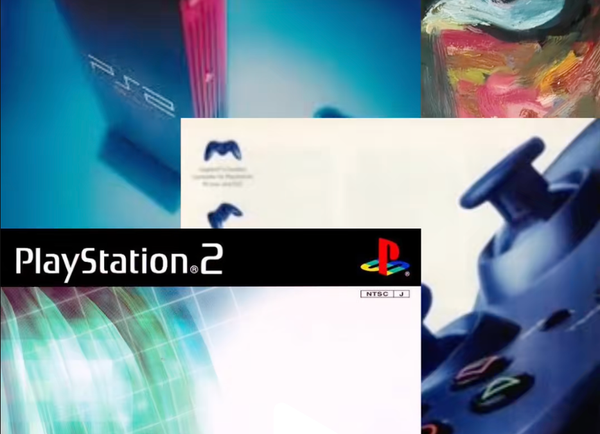Occupying TikTok with love
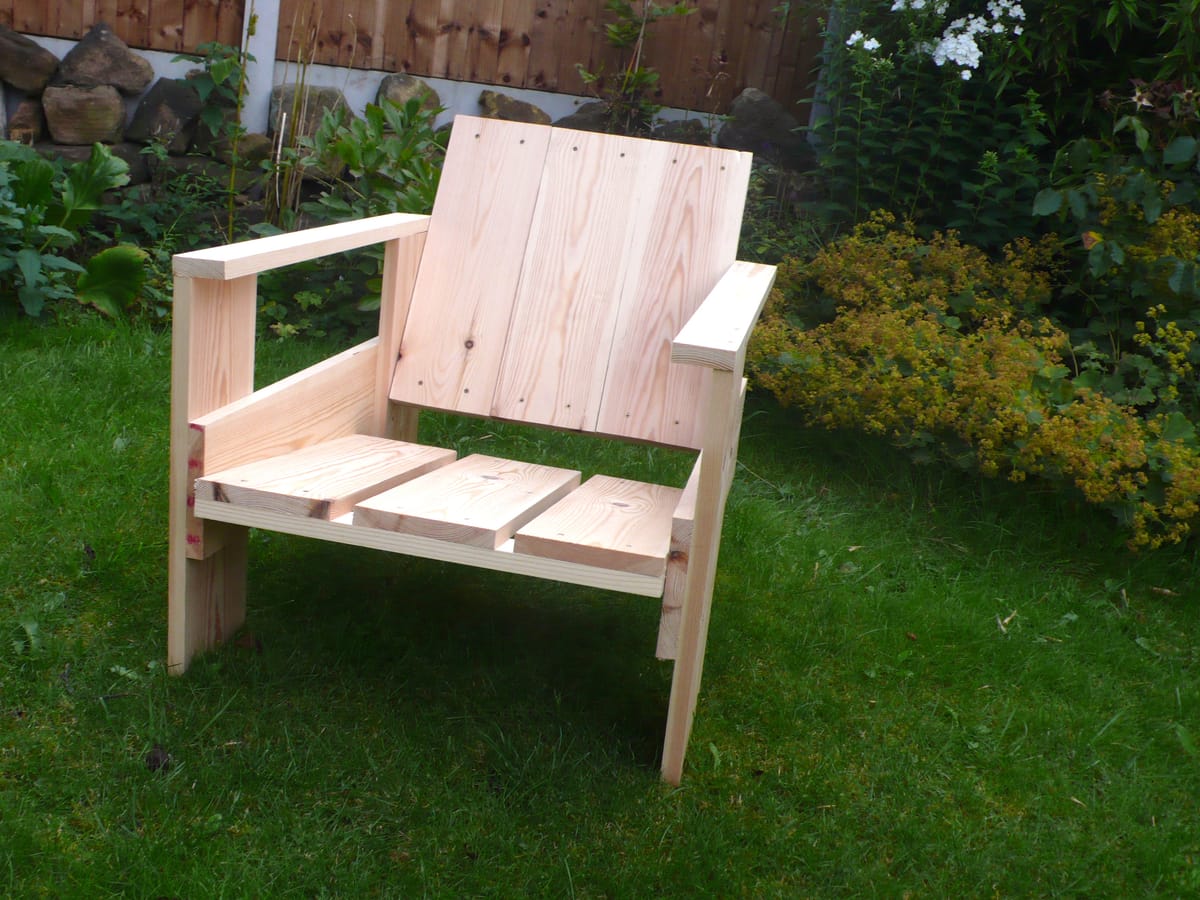
I kicked my Kindle back into life the other day.
It had been sitting by my bed, dead, waiting for me to find the right, slightly archaic form of USB cable to power it. But when it came back I found an old instapaper saving I'd once been desperate to read but had forgotten about.
It's a piece which contains an encounter with James Bridle. It's a splendid read and James is typically brilliant. He manages a both practical and bewildered response to the modern world. He shares how he fought misery about the awful forces in the world by building things. He bashed together tiny solar ovens and wind turbines and they gave him a sense that these forces were somehow respondable to.( That's my sense of it, anyway, I'm probably simplifying and paraphrasing massively, it's what I do.*)
I'll let James tell it...
“After I wrote my first book, New Dark Age, I became quite depressed. More than I realized at the time, probably. One way I got out of that depression was by making things. We bought a little van that I converted into a camper. I wanted to put solar panels on the roof, so I needed to figure out how to do that. And that was very specifically the start of a process that pulled me out of climate depression. I started making a lot of what I call solar toys: incredibly simple renewable-energy devices. You build a box. You paint it black on the inside. You put a sheet of glass over it. You’ve got a solar oven. You can cook food in that if you point it at the sun. You put some light metal tubing inside that, you drill a hole in the top and in the bottom of it. If you put that in the sun, even in the middle of winter, cold air would go in the bottom, hot air would come out at the top. You’ve made a heater. You can build wind turbines. I have built a few. I made one that charges my phone. Ha ha! But that’s not exactly the point; you can use them for more interesting things than that. I found that building these things moved me from a position of paralysis around the future to somewhere else. Which is not to say that any of these things are going to save us!”
“But I built a sort of capacity to respond that I didn’t have before. Before, my thing was that technology is big and scary and worrying, and one of the major problems with the Western world at the moment is that we live within this society of very large, complex systems that nobody really understands and everyone basically tries not to think about. That in itself is going to fuck you up. For years I have been teaching people—I can do like a half-day seminar on programming, or giving little tours of the physical structure of the internet. The seminar manifests it, concretizes it, and kind of puts handles on this big system so that it is no longer existentially terrifying. The weight you see lift off people when you do that is extraordinary. It transforms it from being this completely unknowable force that just acts on their lives into being a thing in their lives that they can see the edges of and conceptualize a little bit better. I call it technological literacy. For me, learning to code was what did that. A feeling of competence in the face of very complex systems. This is something that we just aren’t taught—generalized problem-solving, inquisitiveness, or how to learn. My solar toys were therefore a revelation: you can do exactly the same with carpentry.”
James has been building a Walter Segal house, connecting with the world via making and carpentry. I tried my own small scale version of that a few years ago, building a Rietveld 'crate' chair but I didn't do it well and it didn't stick. I don't have the patience. And your standards are probably higher if you know you're going to live in it.
But I think, in a smaller way, that's why I've been enjoying the experiments I've been doing the last little while with video and TikTok and stuff.
I've told myself I was making to understand - that's partly true - but I'm also doing it to defeat it. I don't want to just run away from these technologies. I'd rather try and occupy my own little space within them. It's quixotic and pointless but I find it helpful. (It's also predictably Centrist Dad, we'll defeat TikTok from within!) (And of course a part of me hopes that not trying will be the best way to try, winning through nonchalance.)
It started because I saw a TikTok (now, ironically, viral) with someone saying that the videos that only get 200 views, those are the cool videos.
I liked that.
TikTok show pretty much everything you make to 200 or so random people. They do it as a test, so they can determine how good it is and work out whether to show it to anyone else.
And TikTok is full of advice about how to break out of this '200 views jail' - have a niche, have a hook, look at trends - but maybe instead we could just think 'how beautiful, TikTok are going to share my thing with 200 random people scattered around the earth'. It's not a jail, it's a window. (Or it's a jail with a window)
Every time I share a random timelapse of sky I think of those 200 people, under other patches of sky.
The end of Typepad and my blog reminded me how much I used to love mucking about on the internet. Then it was blogging and Flickr and The Before Twitter. But now I'm enjoy bashing together new things out of TikTok, Instagram, Patreon, Buttondown. I like learning the tools, working out how to edit on my phone, what music goes well where. And there's a professional interest in making it 'work'. If I can sell some Haudoos that'd be good.
But I also like pleasing myself with it, knowing a video won't 'get views' but banging it out anyway. Because it's funny. Or because cafes deserve to be recorded.
James also says this in that piece:
"I’m not in the business of saving the world, but it would definitely be a better and more interesting place if more people were involved in making these things. That’s the fundamental thing: that if more software, more buildings, more social spaces, and more everything were designed by more people, of course it would produce a more interesting and better world! Such an obvious remedy."
In my compromised Centrist lazy way I'm trying to be one of those people, designing different social spaces out of repurposed materials, like a Borrower in Silicon Valley's skirting board.
Anyway.
*I was listening to the radio yesterday as the credits to a program were being read out. I thought I heard someone described as a 'reducer'. (I presumably misheard producer) That's what I do, I thought. I should have that on a t-shirt. Like this.


